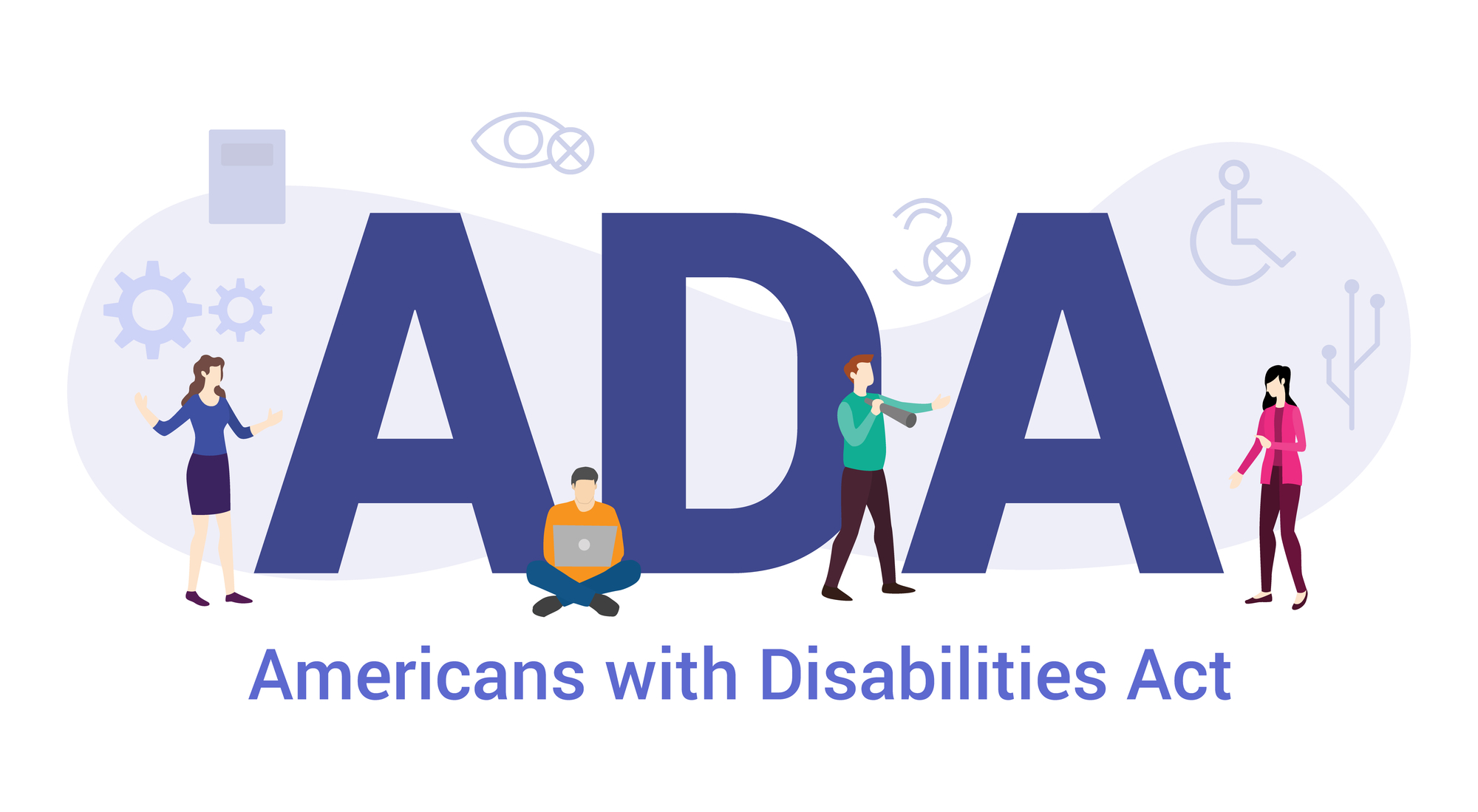Understanding ADA Employee Leave Confidentiality Guidelines
Last Updated on January 21, 2024
Navigating the intricacies of employee leave within the framework of the Americans with Disabilities Act (ADA) is a critical aspect of modern human resource management. A key component of this navigation is adhering to the ADA Employee Leave Confidentiality Guidelines and not making common ADA compliance mistakes. This comprehensive guide is designed to help employers and HR professionals understand and implement these guidelines effectively. This will help ensure ensuring compliance with both the ADA and the Equal Employment Opportunity Commission (EEOC).
Table of Contents
- The Importance of ADA Employee Leave Confidentiality in ADA Compliance
- Legal Boundaries for Disclosing Medical Information
- The EEOC’s Vigilant Role in Enforcement
- Disclosing Reasons for Leave: Best Practices
- Practical Implementation of ADA Employee Leave Confidentiality Guidelines
- Conclusion: Balancing Compliance and Operational Efficiency
- Partnering with MyHRConcierge for Seamless Compliance
The Importance of ADA Employee Leave Confidentiality in ADA Compliance
The ADA imposes stringent requirements on the confidentiality of employee medical information. This includes all medical details voluntarily disclosed by an employee, which are often sensitive and private. According to the ADA confidentiality guidelines, such information must be meticulously handled, stored separately from other employee records. It also must be safeguarded in both physical and digital formats.
Strict separation and security of employee medical data are non-negotiable under the ADA Employee Leave Confidentiality Guidelines.
Legal Boundaries for Disclosing Medical Information
The ADA guidelines, while advocating for confidentiality, do allow the disclosure of medical information in limited scenarios. This is particularly relevant when such information is crucial for making informed employment decisions or to provide reasonable accommodations for employees with disabilities.
Under ADA Employee Leave Confidentiality Guidelines, the sharing of medical details is restricted to key decision-makers and only in specific, necessary circumstances.
The EEOC’s Vigilant Role in Enforcement
The EEOC actively enforces the confidentiality provisions of the ADA. Violations can result in significant legal repercussions for employers, often irrespective of whether the aggrieved employee suffered any direct harm. This underlines the importance of a meticulous approach to handling employee medical information.
Awareness and compliance with the EEOC’s rigorous approach to ADA Employee Leave Confidentiality Guidelines are essential.
Disclosing Reasons for Leave: Best Practices
Given the broad interpretation of medical information by the EEOC and the strict enforcement of ADA’s confidentiality provisions, employers are advised to err on the side of nondisclosure. This means that the specifics of an employee’s medical condition or the reasons for their leave should be limited to only those who absolutely need to know.
ADA Employee Leave Confidentiality Guidelines recommend minimal disclosure about the reasons for an employee’s leave, especially regarding medical details.
Practical Implementation of ADA Employee Leave Confidentiality Guidelines
Implementing ADA guidelines requires a proactive approach. Training sessions for managers and HR staff on the nuances of ADA compliance and confidentiality are vital. Additionally, creating a clear, documented policies and processes for handling sensitive medical information can help avoid accidental disclosures.
Regular training and clear processes are crucial for effectively implementing ADA Employee Leave Confidentiality Guidelines.
Conclusion: Balancing Compliance and Operational Efficiency
In conclusion, understanding and implementing ADA Employee Leave Confidentiality Guidelines is crucial for any organization. It requires a delicate balance between legal compliance and meeting the operational needs of the organization. By prioritizing minimal disclosure and focusing on the legitimacy of the leave rather than its reasons, businesses can navigate these complexities effectively, maintaining both legal compliance and the confidentiality of their employees.
Partnering with MyHRConcierge for Seamless Compliance
In the complex landscape of federal and state law compliance, partnering with a knowledgeable and experienced HR service provider like MyHRConcierge is crucial. Our specialized services, HRCompli and HRCompli + Admin, are meticulously designed to assist employers in staying compliant with evolving regulations.
Whether it’s understanding ADA Employee Leave Confidentiality Guidelines or navigating other HR challenges, MyHRConcierge provides tailored solutions to meet your unique needs. We offer expert guidance and administrative support, ensuring that your business not only complies with current laws but is also well-prepared for future changes.
Don’t navigate these complexities alone; contact MyHRConcierge at 855-538-6947 ext. 108, email us at ccooley@myhrconcierge.com, or schedule a call at a time convenient for you. With MyHRConcierge, you have a partner committed to your business’s success and compliance in every aspect of human resources.

